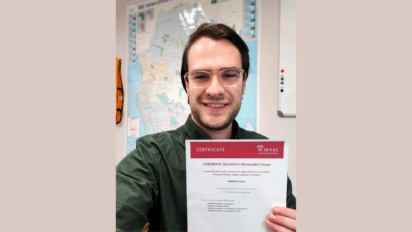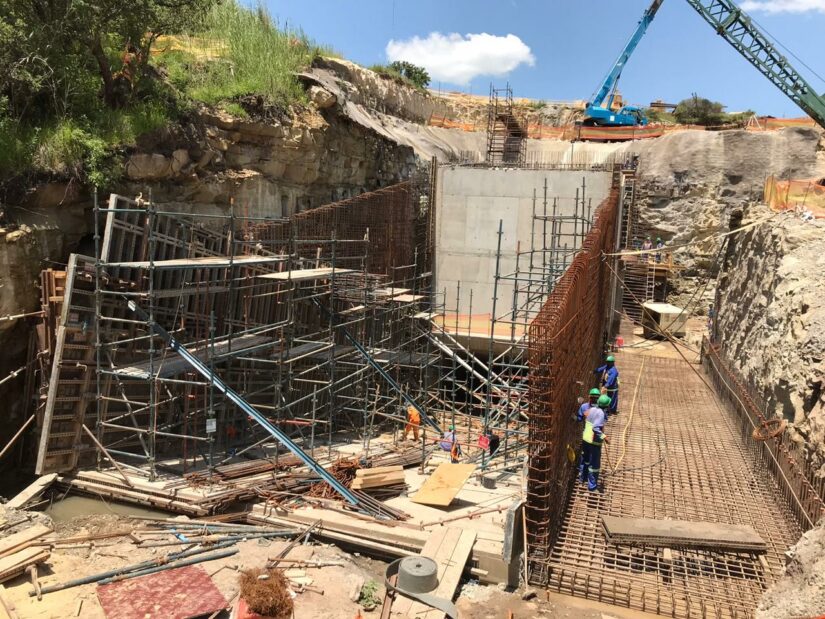
In this part of our series Co-benefits Stories, Rudolf du Plessis discusses the cornerstones of a just transition in South Africa. For this series, we have asked energy professionals that have participated in our trainings for their thoughts and experiences on co-benefits of renewable energy in their country.
“South Africa’s dependence on coal is beginning to show signs of disruption. The sustainability transition will depend on the policy decisions that are made today. A just transition represents one of many potentials in South Africa’s future and may not come to life without joint efforts of government, organised labour and the mining sector.
Considering the interplay between environmental and social considerations in employment, the concept of a just transition in the context of South Africa’s socio-political regime will need to be comprehensive, beyond merely compensating existing workers employed in coal production and energy generation. Given South Africa’s developmental challenges and specifically those faced by local governments in Mpumalanga, it is imperative that a just transition includes benefits to the broader public and are aligned with the countries’ developmental objectives (of which reducing unemployment is a key target). Initial steps towards such a transition could include the following:
Integrating green skills into local economic development frameworks: South Africa’s Integrated Urban Development Framework mandates municipalities to devise practical strategies for economic development within their boundaries. These can include strategies for facilitating investments, skill development or training. Municipalities should integrate targeted training for coal workers in green skills such as Solar PV installation and training in electrical wiring and plumbing to enable localisation and incentivise investments in the renewables sector.
Economic diversification that goes beyond integrating into the mining supply chain: National and local Governments’ existing efforts to incubate small, medium and micro-size enterprises (SMMEs) in South Africa’s coal producing regions such as Steve Tswhete Local Municipality (STLM) should move beyond incubating businesses from the mining supply chain and should play a greater role in connecting emerging firms with green procurement initiatives. This will have the twofold effect of creating new employment generating sectors, whilst diversifying the economy of mining communities beyond coal.
Given recent announcements that South African municipalities may generate their own energy beyond 10MW, municipalities should localise renewable energy. First steps to achieving this should include in-house capacity building, transparent public procurement and the development of project pipelines in order to facilitate investments into the sector.”

The Kruisvallei Run-of-River hydro power plant which is in part financed by KfW. The 4MW of hydro-electric plant will generate around 24GWh p/a providing power for about 1,916 households. In addition to improving energy security and increasing the share of IPP power in South Africa’s energy mix, the Kruisvallei hydro has also committed a percentage of its revenues to development initiatives in the region, which includes education and housing.
(© Rudolf du Plessis)
Based on insights of the COBENEFITS research group, the Renewables Academy (RENAC) currently conducts trainings in Turkey, Kenya, South Africa and Mexico. Participants learn about co-benefits of renewable energy in climate change mitigation, tools to quantify and communicate social and economic opportunities and policies and instruments to mobilise them.